Bangladesh’s stability depends on a timely, credible election
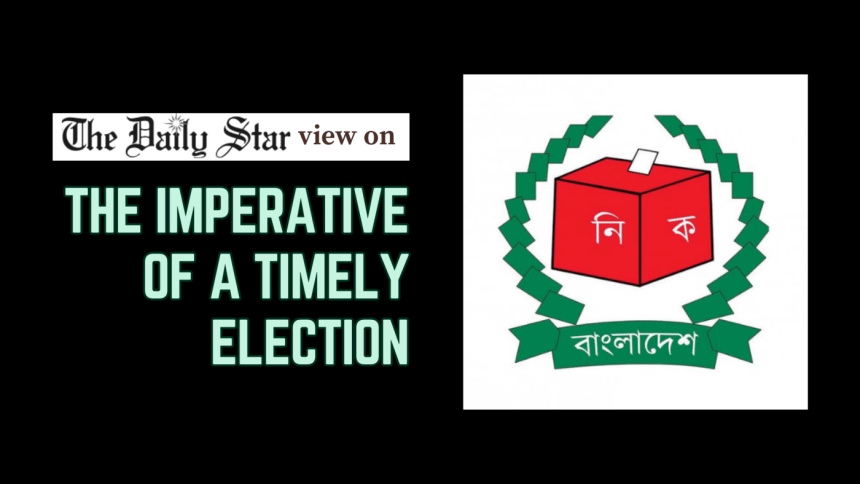
Chief Adviser Muhammad Yunus's firm re-commitment on Sunday to holding the 13th national election in the first half of February comes as a necessary anchor in Bangladesh's turbulent political landscape. His declaration that "there is no alternative to election" provides both clarity and leadership, and should serve as a guiding principle for all political actors concerned. While the concerns of political groups such as Jamaat-e-Islami and National Citizen Party (NCP) are understandable in the broader context of reforms, their push to prioritise a constituent assembly election risks complicating the planned transition to democracy.
There's no denying that the path to a stable future for Bangladesh runs directly through a timely and credible election. Any delay or detour—whether through calls for a constituent assembly or other mechanisms—will only deepen uncertainty. As Professor Yunus has warned, "If anyone thinks of any other alternative, that would be disastrous for the nation." The consequences could be manifold, affecting not only governance but also social cohesion, public confidence, and the overall stability of the country.
One particular area where the impact of such delays may be particularly damaging is business. Investment decisions—from capital expenditure to hiring—are often frozen when a country's political trajectory is unclear. This hesitation suppresses economic activity and stalls growth. Data from the Bangladesh Bank illustrates the cost of the present uncertainty: industrial term loan disbursement in the January-March quarter of FY2024-25 fell to its lowest point in seven quarters.
The strain on the private sector is further evident in credit flow and import data. Private sector credit grew by only 6.49 percent in June, the weakest pace in at least three years. Such sluggishness reflects entrepreneurs' reluctance to commit resources when stability is lacking. The opening of letters of credit for capital machinery fell by a staggering 25 percent in FY25, marking the second consecutive year of decline. These figures reveal a dismal picture for domestic investment and underscore how political paralysis is directly stifling the real economy. Foreign investors, who constantly weigh risks against rewards, are equally cautious. Political uncertainty undermines confidence, while a timely and free election would send a powerful message that Bangladesh is returning to a predictable environment.
That said, recent data also offer some grounds for optimism. FDI inflows have shown signs of a rebound, with net inflows reaching $1.71 billion in FY25, an increase of nearly 20 percent from the previous year, after hitting a three-year low in FY24 amid heated political conflict. It will be deeply counterproductive if a political stalemate jeopardises this fragile but important momentum.
The aspirations embodied in the July Charter and other reform initiatives remain important, but the proper path to meaningful, lasting change is through the establishment of a new government with a clear mandate from the people. Then, constitutional and institutional reforms can be pursued on a solid foundation. So Professor Yunus has correctly identified alternatives to a timely election as "disastrous". All relevant parties must set aside maximalist demands and unite behind the commitment to the February polls, as the stability of Bangladesh depends on it.

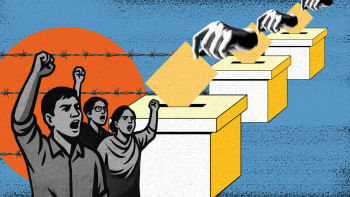
 For all latest news, follow The Daily Star's Google News channel.
For all latest news, follow The Daily Star's Google News channel. 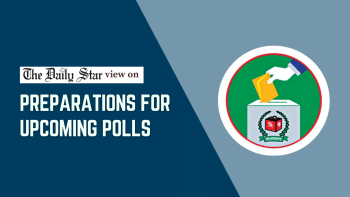
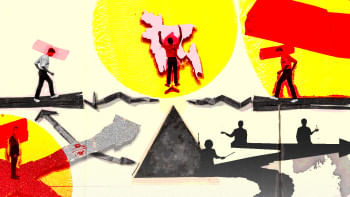





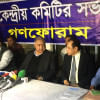


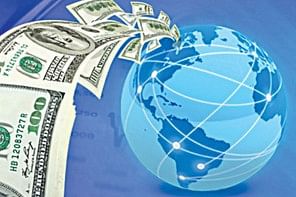
Comments